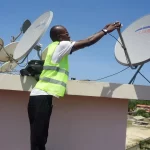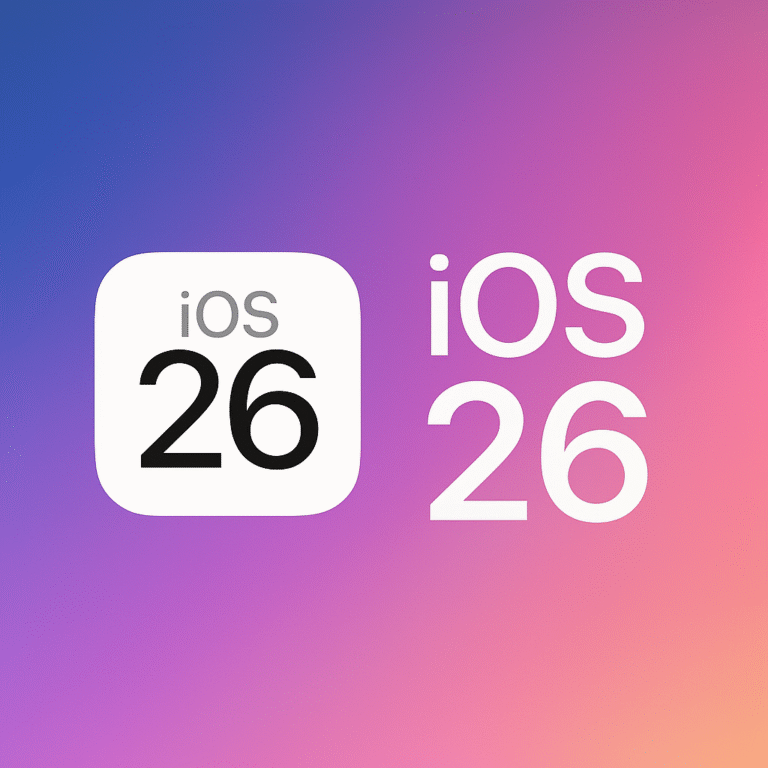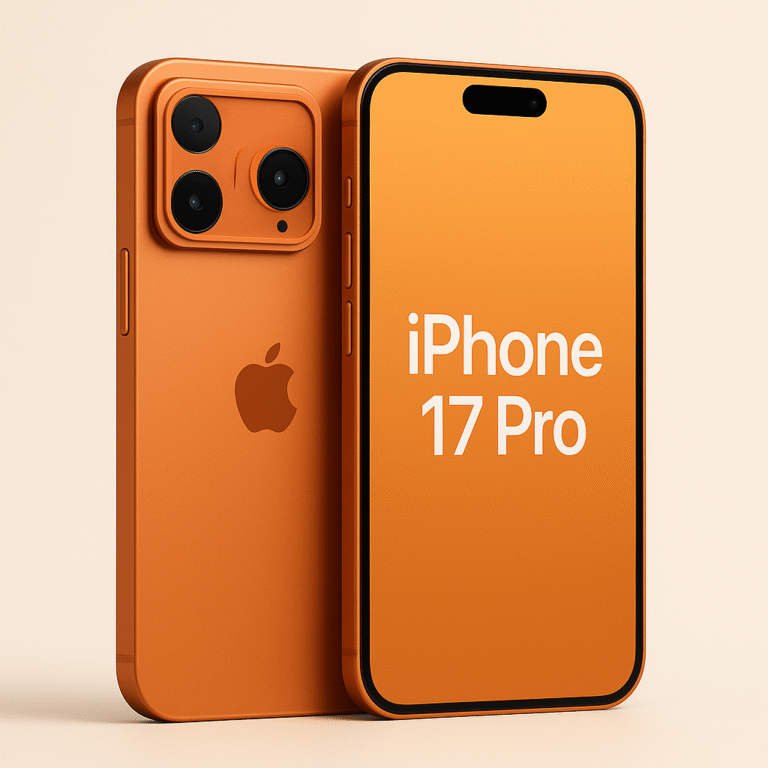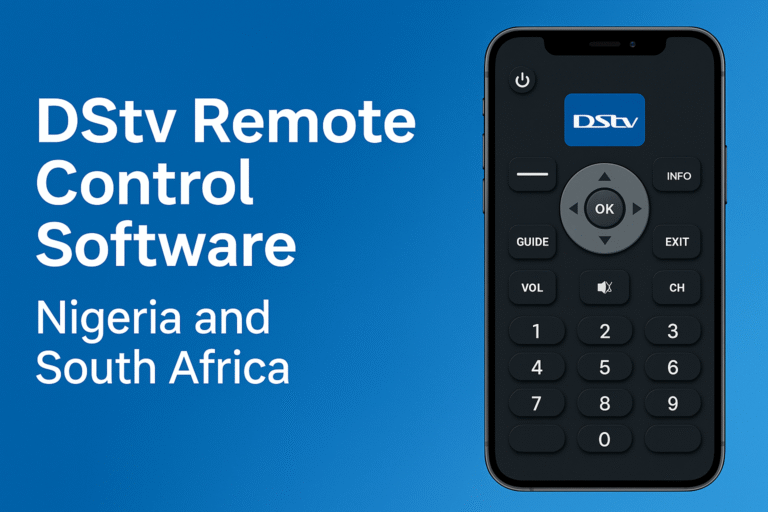In times past, general elections conducted in Nigeria were alleged to have been marred by irregularities. I probably thought that it was so because the whole process was manually prescribed. This year 2015, the reverse is the case. Global, regional and even national reports from election observers have given Nigeria a huge credit for being able to conduct a free, credible and fair election.
My guess was right. For the first time, a higher degree of digital technology was employed in this year’s general election. This ranged from the digital card readers used to identify and accredit registered voters, the use of computer technology in transferring soft copies of collated results to the Headquarters of the Independent National Electoral Commission INEC and the use of the mobile technology by party agents and other stakeholders in obtaining digital electoral information and transferring same to relevant agents and organizations.
Other applications of technologies include the use of bomb and metal detectors by Nigerian security agents in checkmating breach of security of lives and property during the elections. The Press were not left out as information were dished out to Nigerians and the world through the use of Live broadcasts and internet broadband technologies. Although there were also other forms in which advanced technologies were employed, the computer, the internet and the mobile technologies were among the most prevalent technologies which gave Nigeria a free and fair 2015 elections.
The Use of the Digital Card Reader Technology
While close to 60 million Nigerians were able to collect their permanent voters’ card PVC which made them eligible to vote, their accreditation for the elections would not have been possible if not for the use of the digital card readers in successfully identifying their details, reading their information from a central INEC electronic data base. I followed several reports coming from different polling units all over Nigeria which claimed that some card readers failed.
However, such cases were but insignificant as confirmed by the INEC Chairman, Prof. Attahiru Jega when he said, “the cases of failed card readers only represented 0.25% of the 150,000 digital card readers deployed for the 2015 Presidential elections. Kudos to the INEC for being technology-oriented in this year’s general elections. I wish the tempo can be sustained and improved on for future election’s sake.
Many voters presented PVCs belonging to other Nigerians but where successfully detected by the digital card reader technology. Many others went as far as buying PVCs from uninformed individuals only to be disappointed by the efficacy of the digital card readers. These measures went a long way in ensuring that only credible and real Nigerian voters actually cast their votes. This is how the digital card reader technology gave Nigeria a free and fair 2015 general elections.
The Use of the Computer Technology
It is worthy of note that election results as collated in different Nigerian states were fed into the computer system, sent to the INEC Headquarters over the internet even before transporting down the hard copies of the collated results. This procedure ensured there was no adulteration of election results in transit. I was so glad when the INEC Chairman explained this procedures.
It becomes comforting to note that at every stage of the election preparations, computerization of data was seriously considered. I believe time shall soon come when Nigeria would commence total electronic voting process during her national elections.
The Power of Mobile and Internet Technologies in Nigeria’s Election
It was a free for all as all stakeholders engaged in receipt and forwarding of election information over the internet using all forms of mobile devices. Within seconds and even results got to the appropriate election body INEC, millions of Nigeria already had what they could call the draft result of the election from different states. I was overwhelmed at the speed and power of the mobile and internet technologies.
However, while it created an atmosphere of transparency through free circulation of collation election results, Nigerians were warned not to completely trust the sources of such data as only the National Electoral Commission INEC were empowered to announce the real general election results.
As the use of the mobile, internet and the computer technologies become more prevalent in Nigeria, the African giant has continued to present more reliable democratic system which encourages foreign direct investment and betters the lot of Nigerians. The regard of the Presidential elections in Nigeria by the international community as free, credible and fair is an affirmation to this fact.
I know you may have reservations on how these digital technologies gave Nigeria a free and fair 2015 general elections. I would love to read about your experiences as you comment below this post. If you really like this post, please ensure you share with your friends on social buttons.




